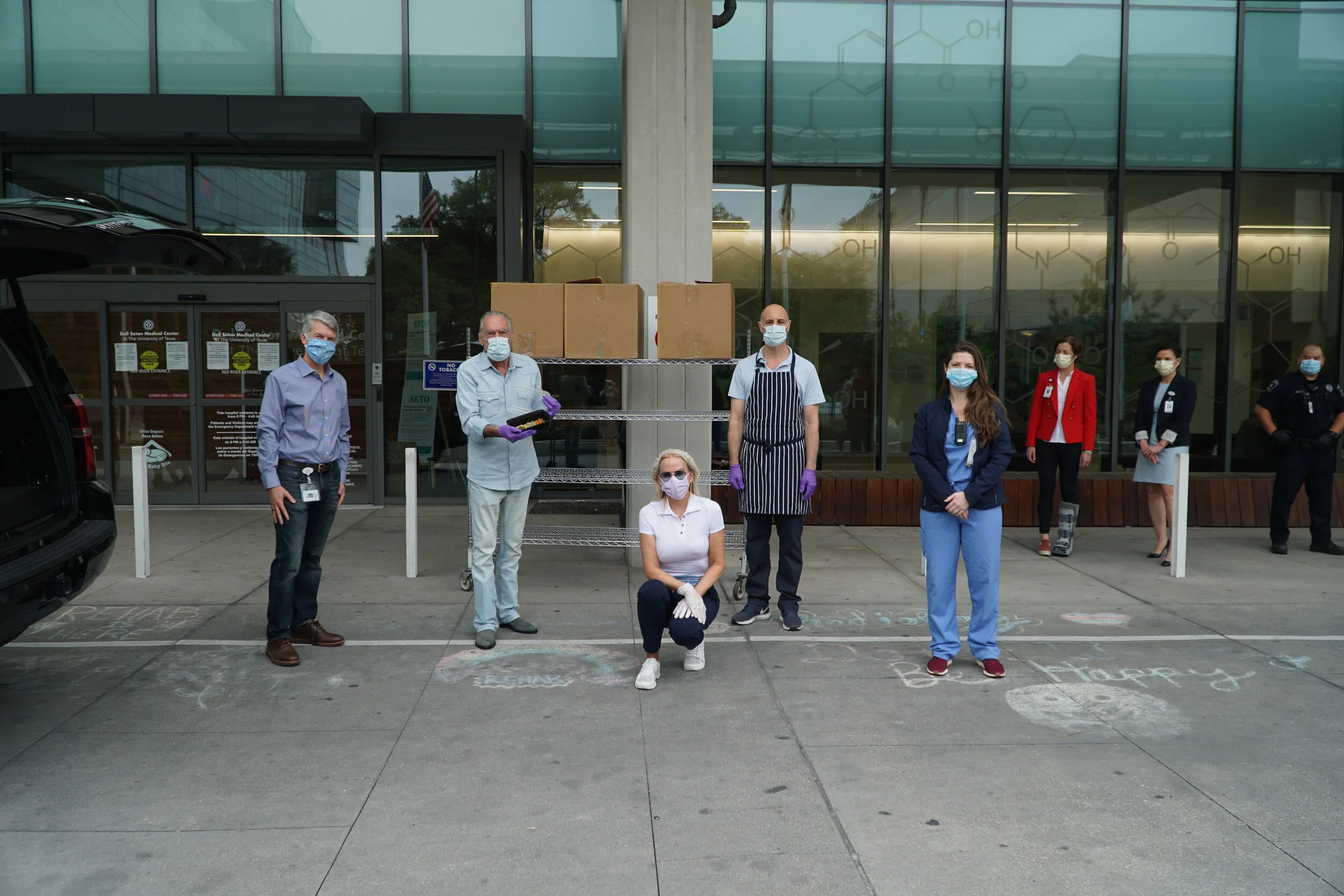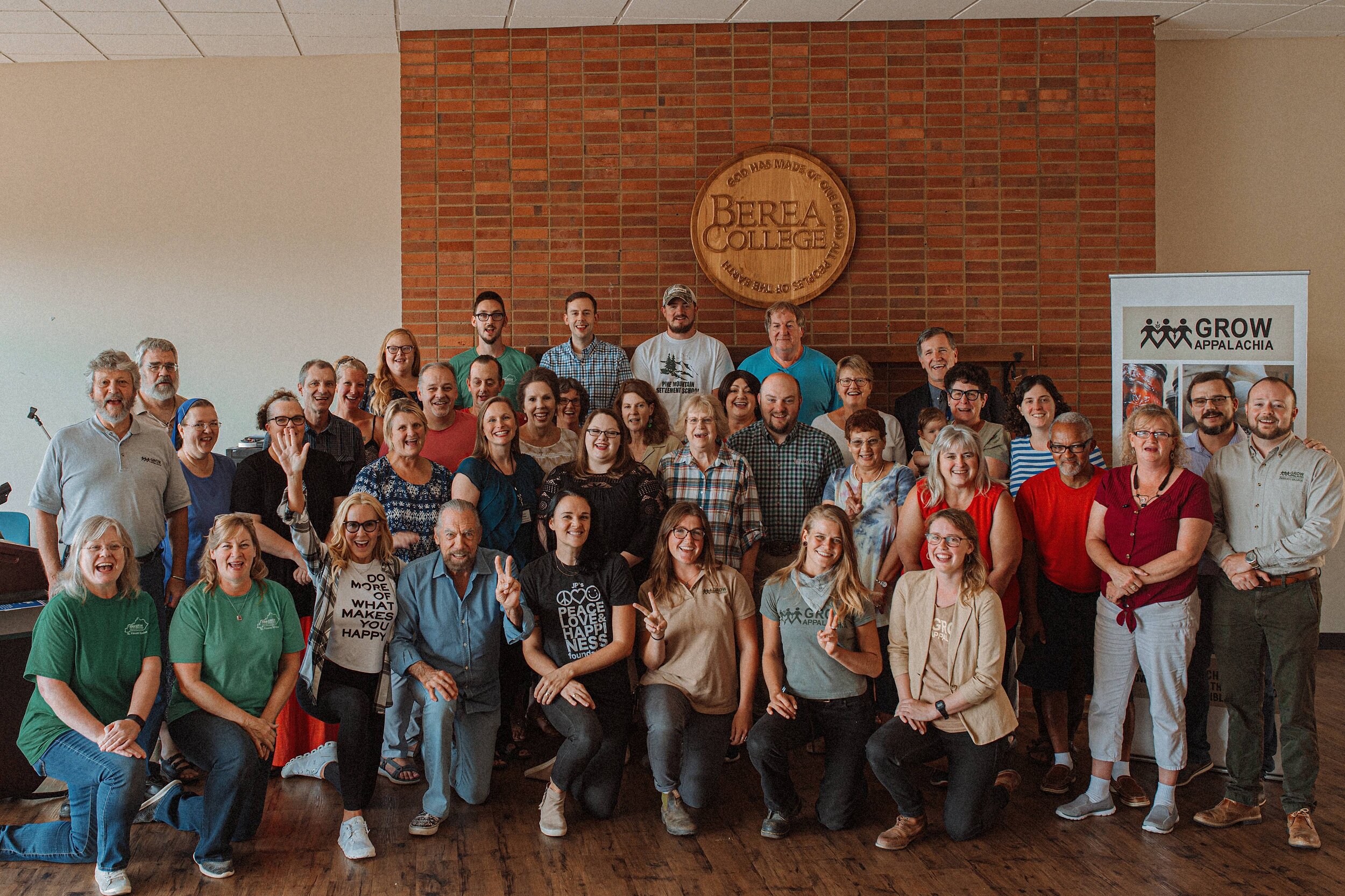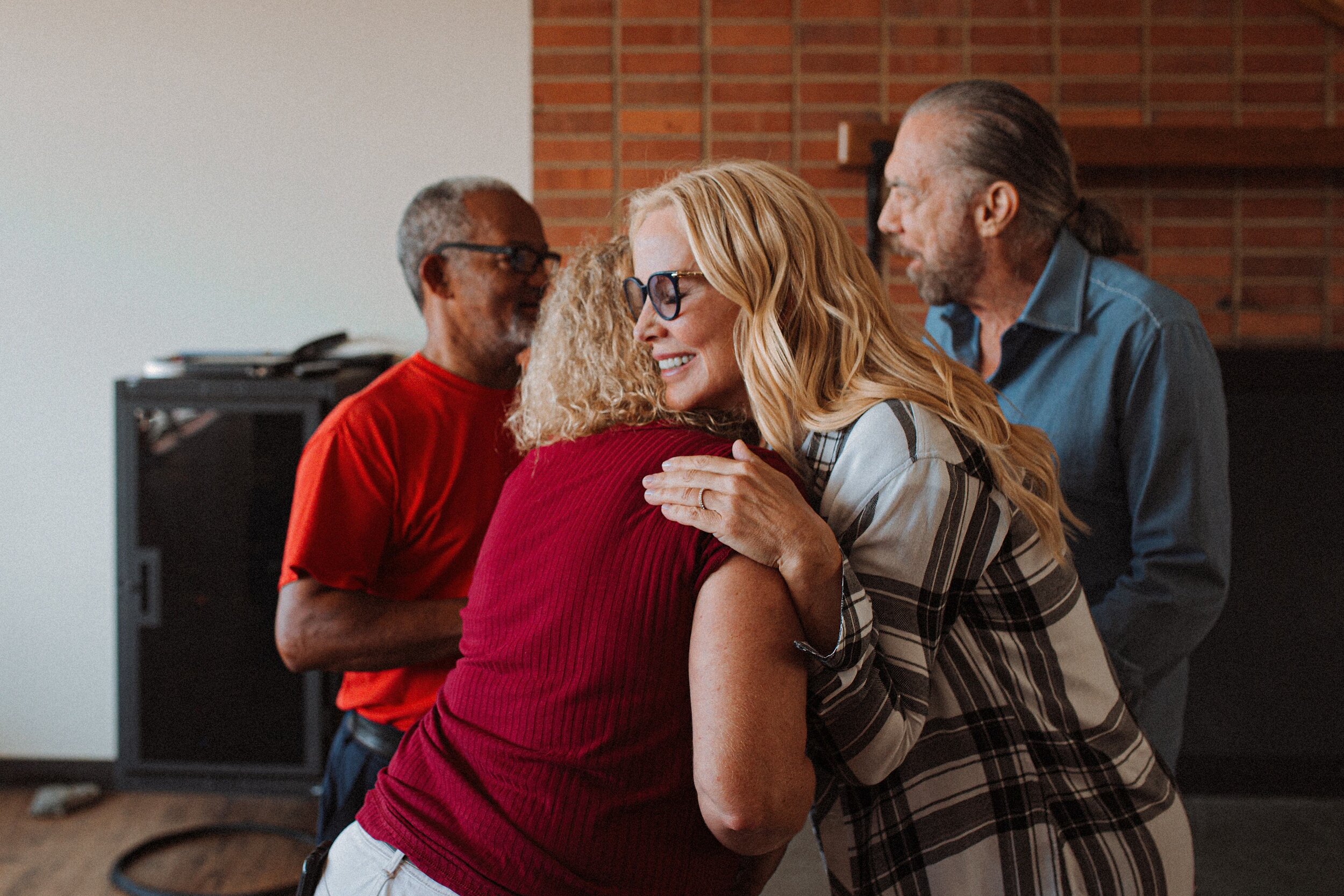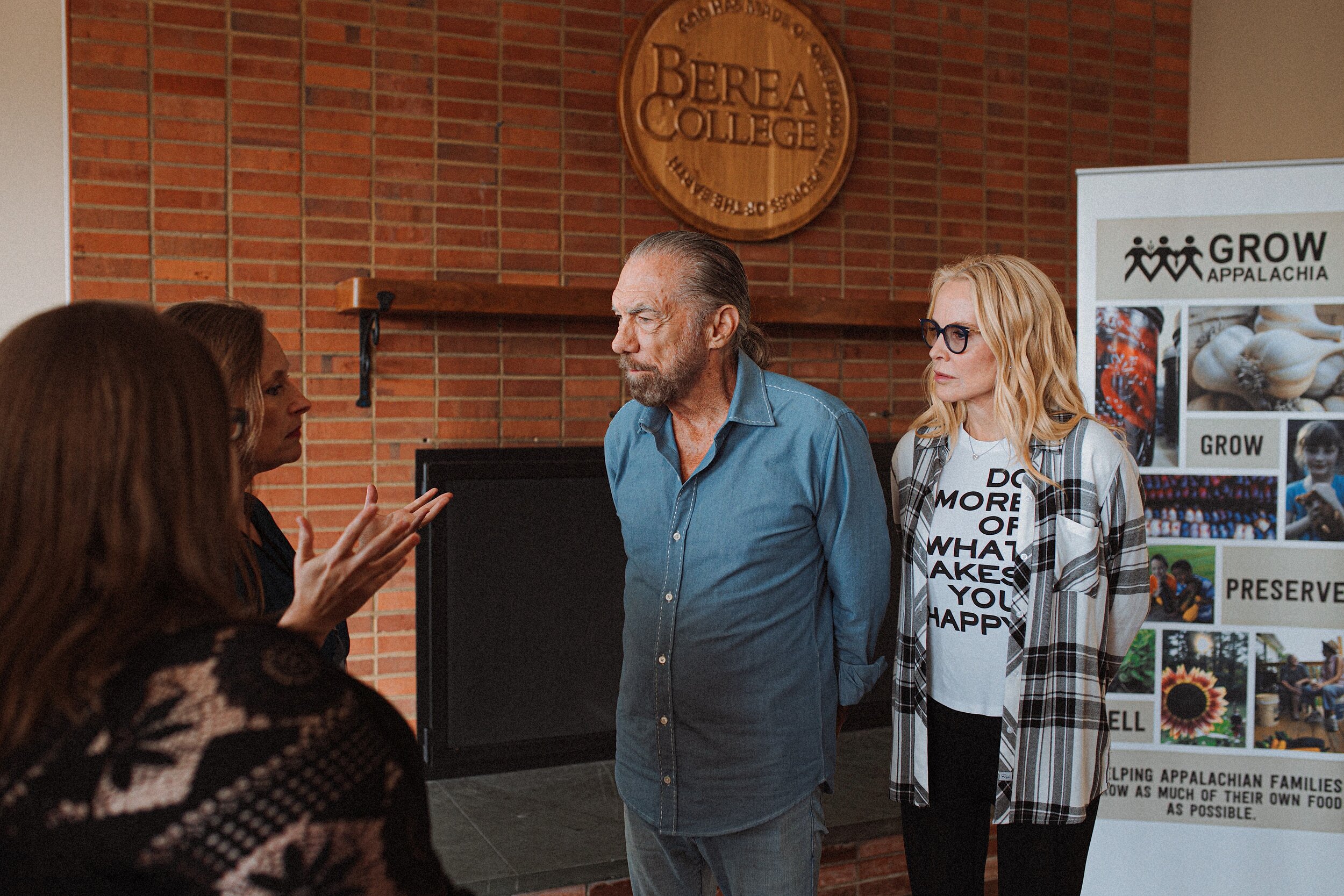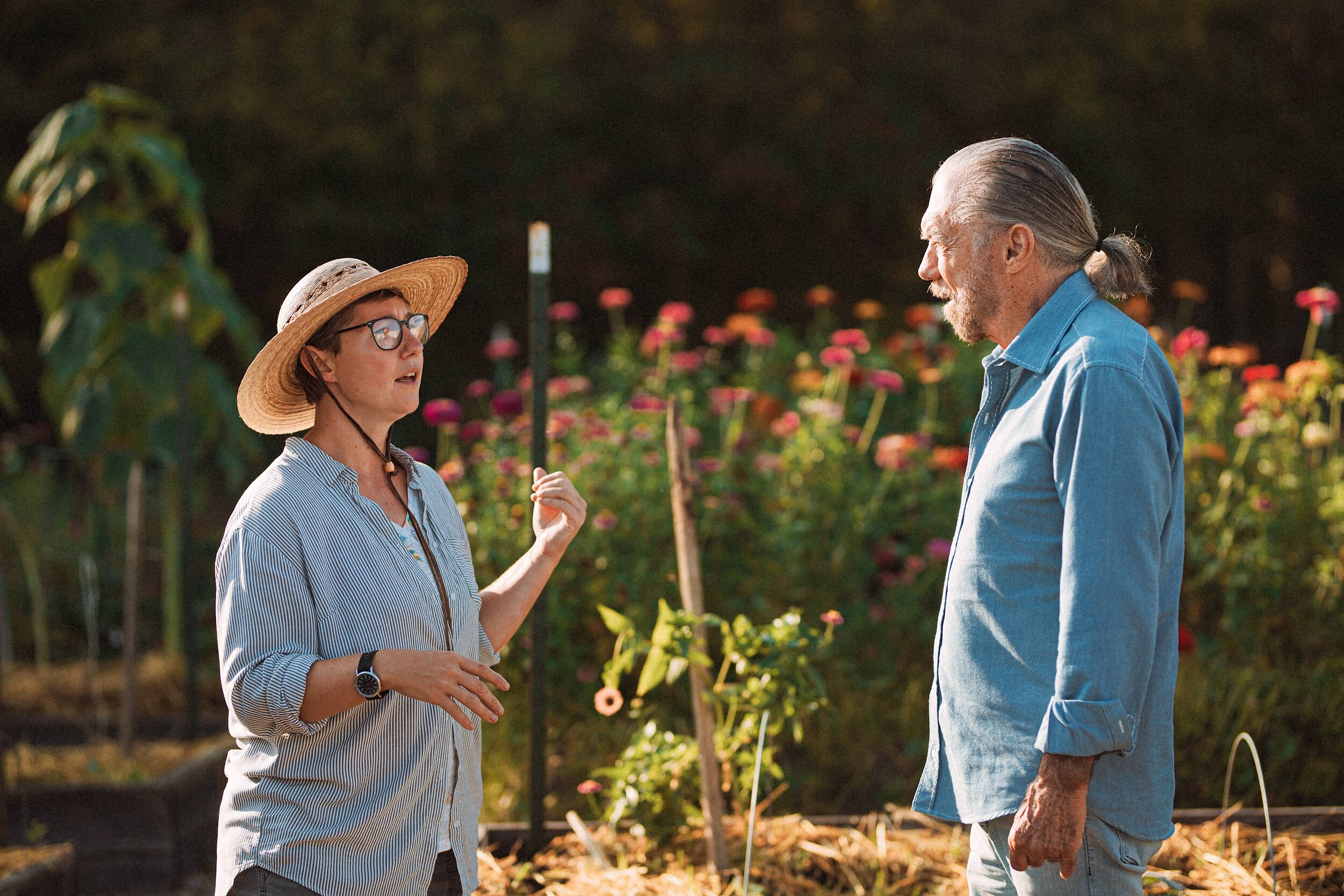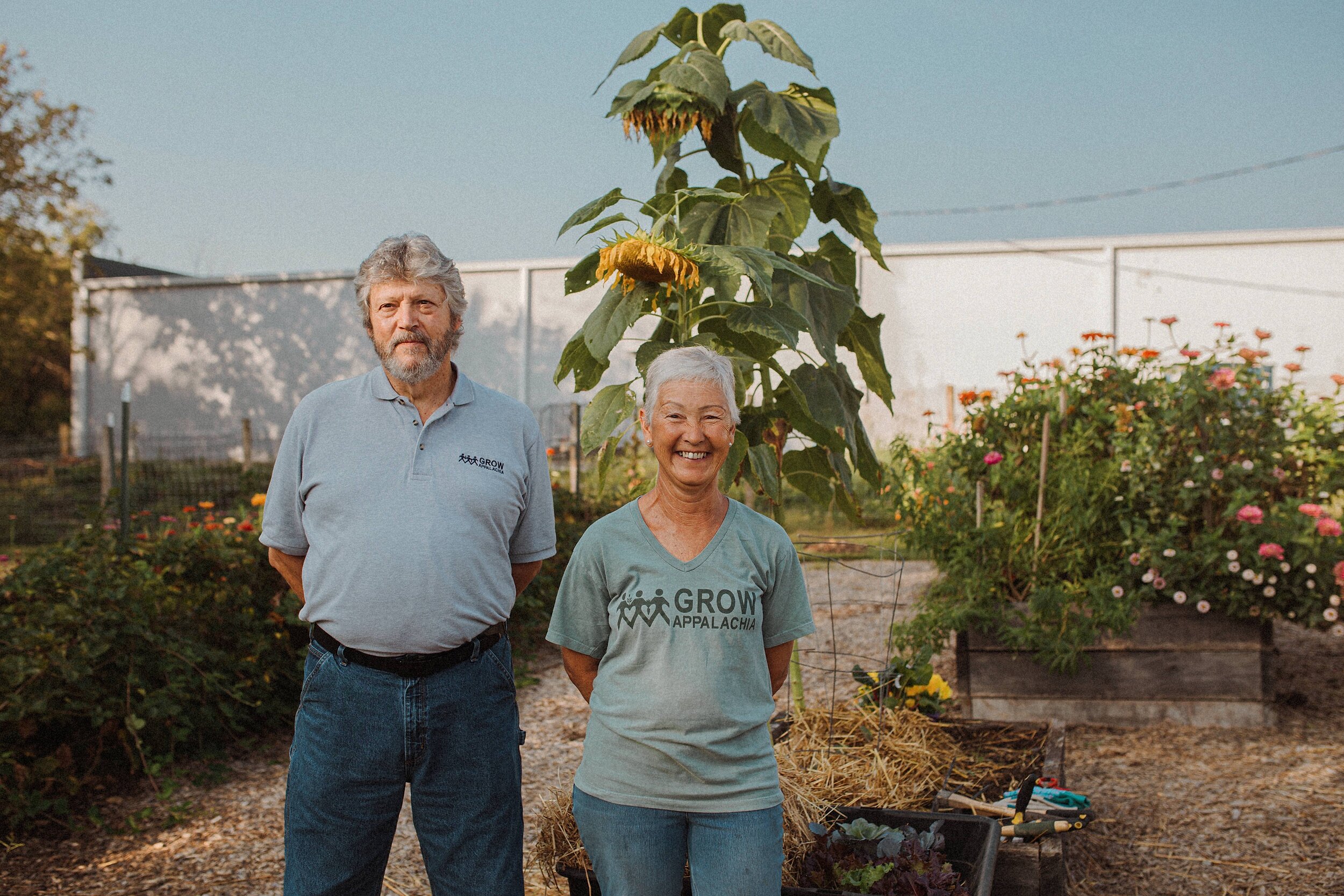John Paul worked with one of his businesses to donate 34,500 masks to our partners Mobile Loaves & Fishes and Chrysalis to protect people affected by homelessness as well as several Native American reservations to help them stop the spread. Together, we can stop the spread and stay safe!
Project Repat/Open Arms
As John Paul is always saying, America Works. When we toured the Austin factory of Open Arms Studio, a project of Multicultural Refugee Coalition, we got to see seamstresses hard at work making upcycled t-shirt quilts. You better believe that John Paul cleaned out his closet, eager to get his own quilt made from shirts that brought back great memories.
Eastside Kings Blues Festival
2020 is the perfect year for the blues. We are longtime supporters of the East Austin-based music festival highlighting local blues legends, and we are so glad the were able to pivot this year for an online event. The mission of Eastside Kings Blues Fest is to preserve and promote the cultural heritage of African American Blues, Jazz, and Gospel. Usually held on 12th Street, it’s one of our favorite events of the year. This virtual event still highlights the amazing talents we have in Austin and gives people the ability to donate directly to musicians.
We worked with festival founder Eddie Stout at the beginning of quarantine to make small grants to musicians affected by the closures of bars and venues due to Covid-19. But, as John Paul says is the intro, the blues will never die. Get a glass of Patrón and settle in to watch world-class artists perform straight from Austin, Texas. We look forward to getting down soon with Ms. Lavelle and Birdlegg, and all the other amazing musical talents that make East Austin proud.
Hand Sanitizer
When covid-19 hit, Paul Mitchell, the company John Paul co-founded in 1980, quickly moved to support and protect salon owners and hairdressers while re-directing manufacturing to make essential items. We worked with leaders in the Navajo Nation and through their organizations Dezbah’s Elders and Kids, Divest Invest Protect and Hózhó2O to get hand sanitizer directly to people of the Navajo Nation. Hand washing is critical to stop the spread of coronavirus, but water is often hard to come by on Native lands. We hope this small donation has big impact and helps keep people safe.
Some of the most valuable work we do is simply connecting people to each other, whether that’s a business looking to donate product, a person wanting to volunteer or two people with a similar vision of how to transform their community. Money is so important to achieving goals, but there is nothing quite as inspiring and hopeful as the good work of people and local leaders looking out for their communities. As John Paul says, it will take we the people helping each other out to shift the energy on this planet. We are grateful for the leadership and dedication of these Navajo leaders as well as the generosity of companies like Paul Mitchell.
Inc. Magazine Spotting Opportunities and Beating Adversity
John Paul was a guest on Inc. Magazine’s Real Talk Business Reboot talking about staying positive, giving back and how to steel your business for tough times. His main takeaway from this, in our opinion, was to stay positive and to focus on growing yourself and connecting with others during these times.
If you only have a little bit of time, Inc. summarized John Paul DeJoria's 4 Tips for Beating Adversity.
If you have an hour, we encourage you to click the image below for the full video!
John Paul on Graham Bensinger
John Paul joined Graham Bensinger on his show In Depth to talk about what his life, businesses and philanthropy looks like during covid-19.
Another week of meal deliveries
Our team made, packed and delivered more meals to healthcare workers today. THANK YOU to essential workers and to UT Health Austin for making this possible!
Partnership with UT-Austin
During these unprecedented times of Covid-19, we have been working with strategic partners to meet needs of first responders and the most vulnerable. Our foundation invested in an initiative of The University of Texas at Austin — we donated $250,000 to support the Dell Medical School’s initiative to house and heal people suffering from homelessness during these particularly dangerous times to be on the streets.
In addition, John Paul and Eloise and their team worked with Dell Seton, UT’s Department of Nutritional Sciences and UT Health to prepare, package and deliver hundreds of meals to health care workers. The DeJoria’s personal chef Judd Servidio prepared gourmet meals and John Paul and Eloise helped package and deliver them safely to the front doors of the hospital and clinic.
We are so thankful for the healthcare workers, nonprofits and essential workers keeping our city of Austin and our world as safe as possible right now. As John Paul has said, if it’s not okay, it’s not the end.🤘🏼🤘🏼🤘🏼
Read UT’s Press Release here.
Great Society Podcast
Our executive director, Constance Dykhuizen, hosts a podcast called Great Society. LBJ’s Great Society was based on eliminating poverty and racial injustice with social welfare programs in the 1960s. That name seemed like a perfect jumping off point for a show about founders and leaders of social impact businesses and nonprofits seeking to make a change in the world both locally and globally. Constance talked with Austin-based founders and leaders of social change movements and organizations, many of whom are partners of our foundation. With topics ranging from how they got started to how they are thinking about their legacy, what inspires them and how they raise funds, this podcast is for anyone who has wondered how to practically make a difference in the world or for those that want to know more about worthwhile organizations to get involved in no matter where you are.
You can find Great Society podcast in the iTunes store, on Spotify, Stitcher and streaming online.
Amy Bench - filmmaker and director of A Line Birds Cannot See
Lila Igram - founder of Connecther and Girls Impact the World Film Festival
Alan Graham - co-founder of Mobile Loaves and Fishes
Max Elliott - founder and director of Urban Roots
Zane and Amal Wilson - of Ubuntu Life
Steve Wanta - founder and director of JUST
Julie Shannan - former deputy director of Girlstart
Brooke Axtell - founder and director of and She is Rising
Meg Erskine - founder and director of Multicultural Refugee Coalition
Turk and Christy Pipkin — founders of the Nobelity Project
Virginia Cumberbatch and Meagan Harding of Rosa Rebellion
10 Years of Grow Appalachia
We recently got back from a trip to celebrate 10 years of partnership with Grow Appalachia. In 2009, John Paul wanted to do something to respond to the financial crisis and prove that America still works, that there were hardworking, entrepreneurial people that needed a hand up and not a hand out. His VP at John Paul Mitchell Systems, Tommy Callahan, told him about the problem of food insecurity in his home region of Appalachia. In true entrepreneurial, can-do fashion, John Paul called some people in Appalachia and got the first food and gardening program of its kind off the ground based out of Berea College in Kentucky.
Grow Appalachia’s mission, as conceived by John Paul, is to help as many Appalachian families grow as much of their own food as possible. With a focus on helping people grow food in their backyards, community centers, churches, residential treatment centers and even jails, Grow Appalachia has bloomed into a force for great change in the region.
Over the last 10 years, Grow Appalachia has:
Provided assistance and training to more than 5,700 families
Grown more than 4.4 million pounds of food
Helped people in 6 states and 44 counties
Created a self-sustaining high tunnel manufacturing facility that provides income for gardening infrastructure
Helped install commercial kitchens to provide for the possibility of value added products
Sponsored a summer feeding program for food insecure kids
There have been countless small businesses, farmers market sellers and other entrepreneurial efforts that have arisen from Grow Appalachia. On our trip, we heard touching stories of families saving and growing seeds that go back 300 years in their families. Conscious choices of parents and even whole families to grow and eat healthier food. Healthcare centers becoming more holistic centers for wellness instead of just reacting to disease or trauma. We met two women wearing “Onions not Opioids” shirts who have one year of sobriety in their lives and find much solace and purpose in gardening in a Grow-Appalachia sponsored garden.
We are proud to continue to partner with Grow Appalachia to sponsor garden grants for organizations and individuals committed to serving and transforming their communities. As John Paul would say, America works. Grow Appalachia works.
Photos by Ariana Jordan
